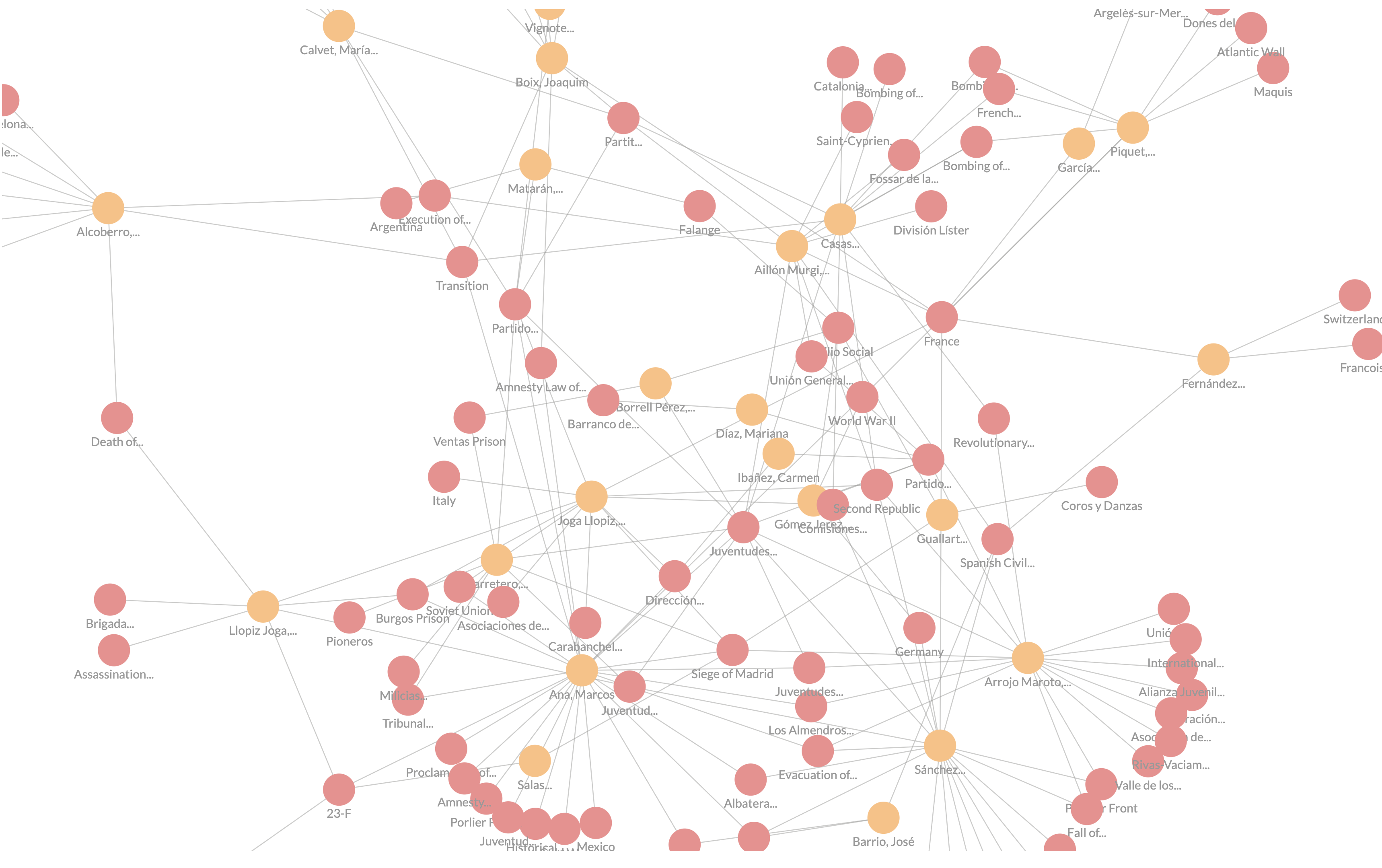Publications
Information on in-progress and completed publications by Andrea Davis
This includes edited special issues ("Iberia in Entangled and Transnational Contexts" and "Digital Humanities"), articles ("The Anti-Cold War Left," "Enforcing the Transition," and "The Spanish Civil War Memory Project"), and book chapters (Digital Approaches to the Spanish Civil War).
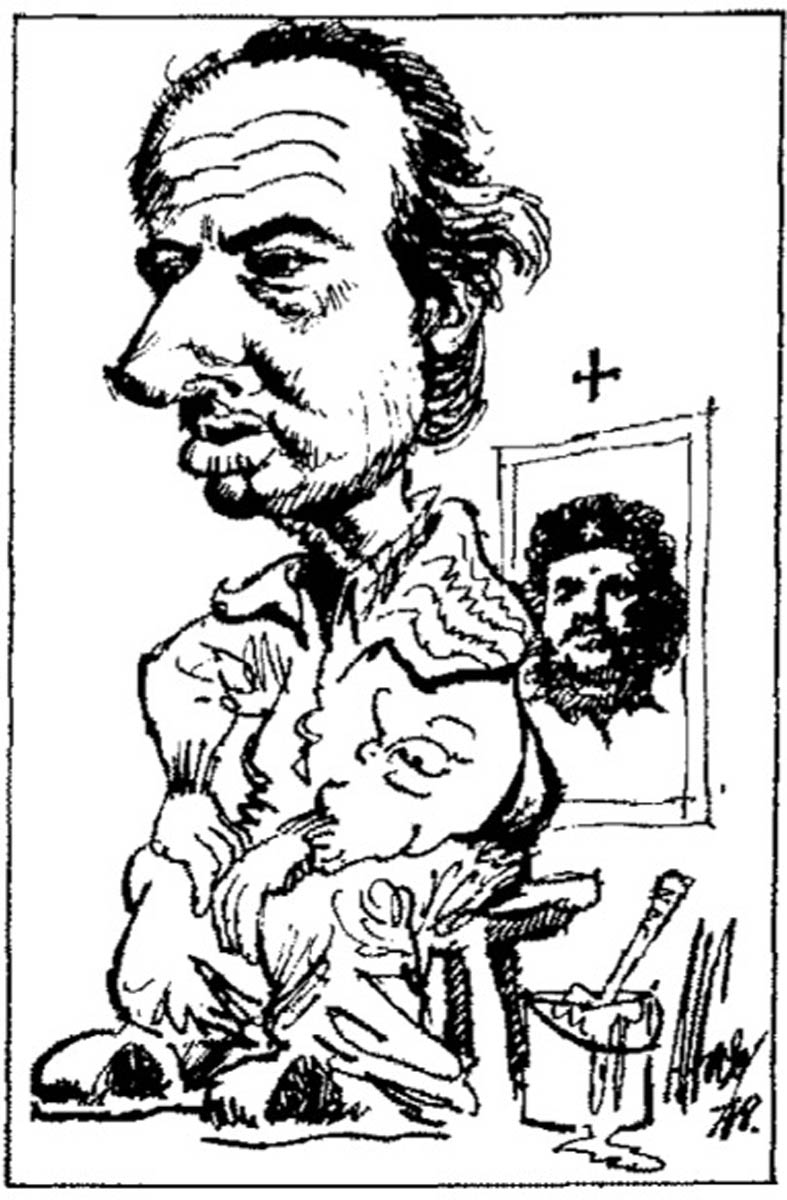
The Anti-Cold War Left: Transforming Third World Imaginaries at the Local Level in Spain, 1968-1986
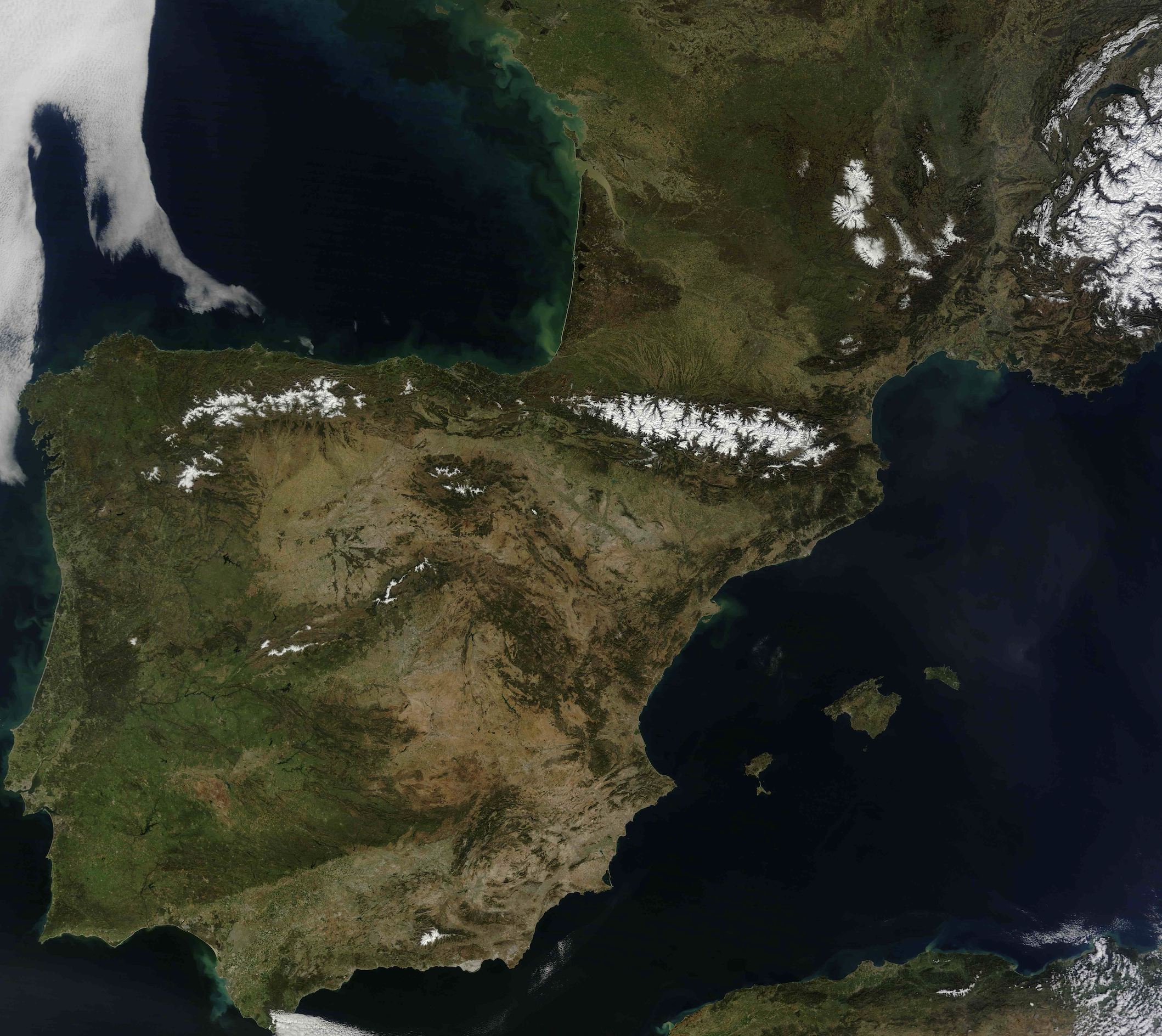
BSPHS Special Issue: Iberia in Entangled and Transnational Contexts
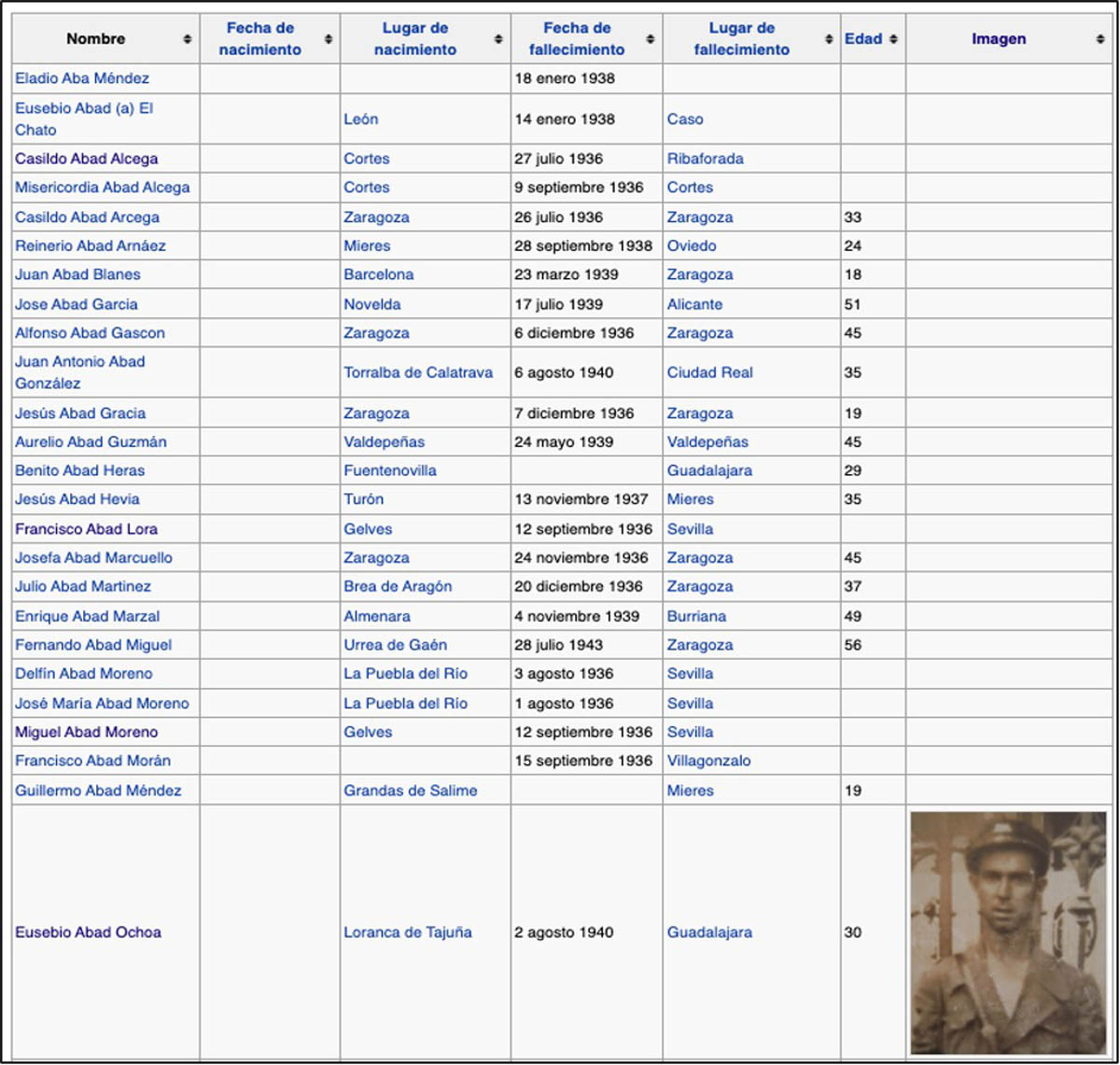
Digital Approaches to the Spanish Civil War
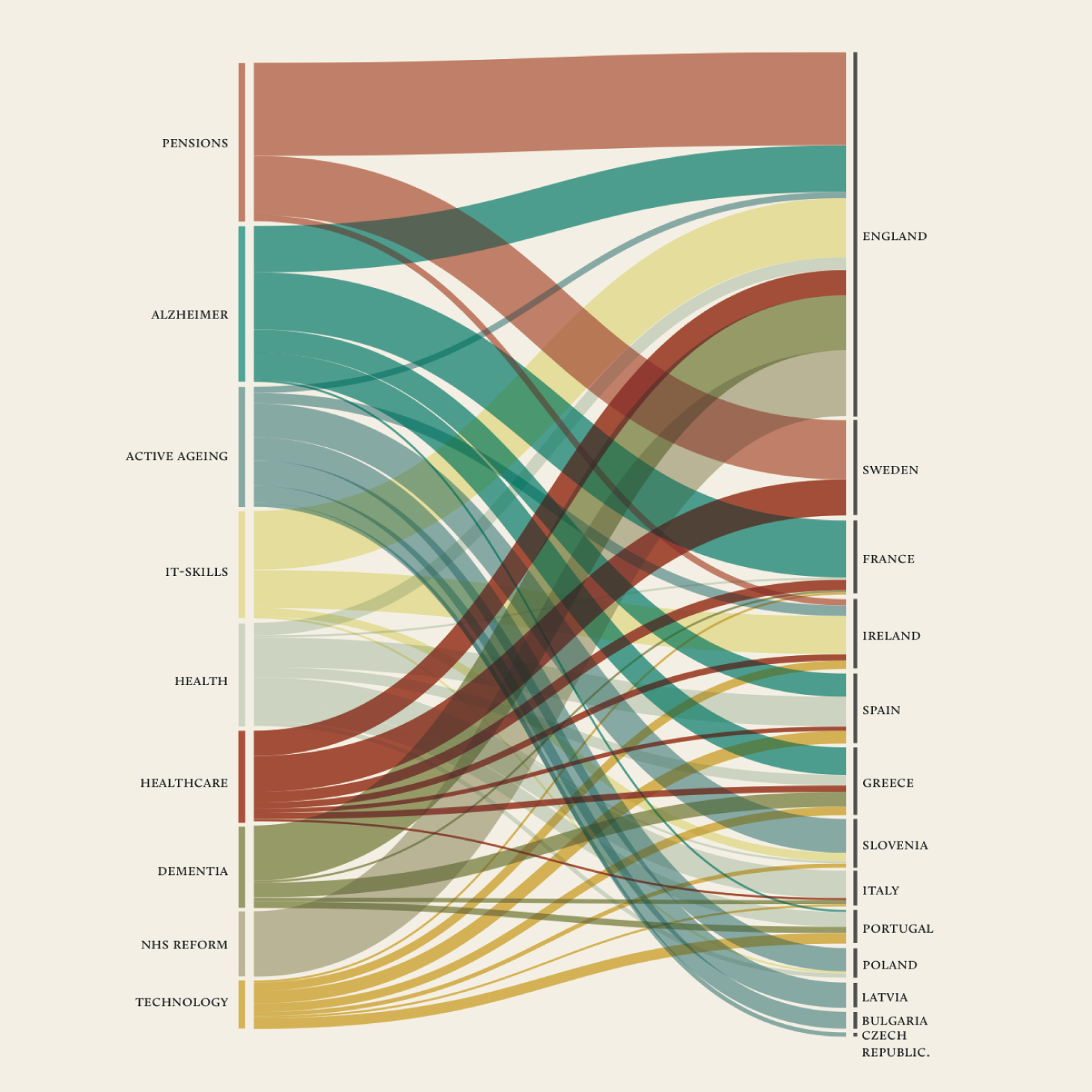
BSPHS Special Issue: Digital Humanities
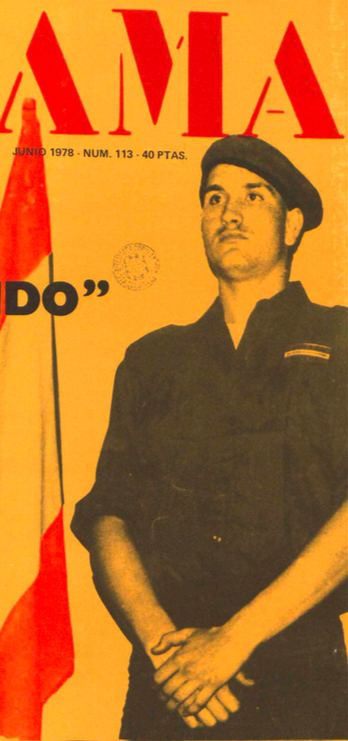
Enforcing the Transition: The Demobilization of Collective Memory in Spain, 1979-1982
